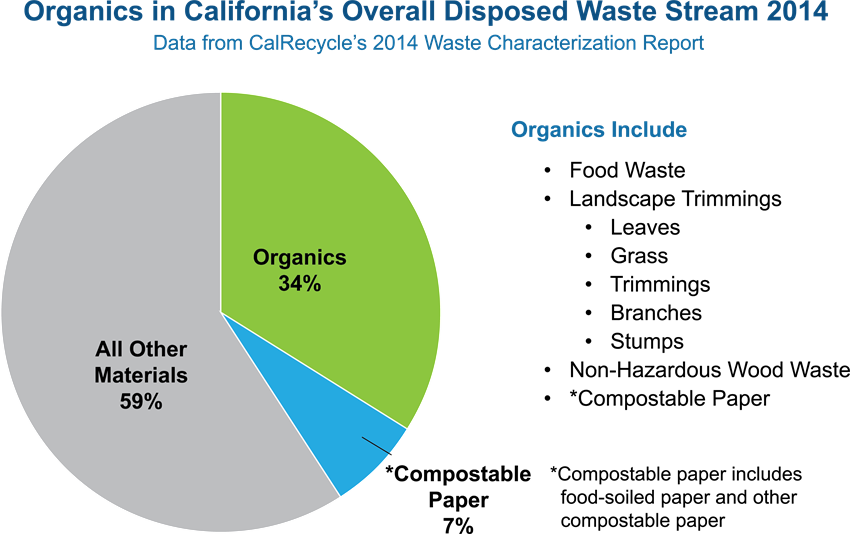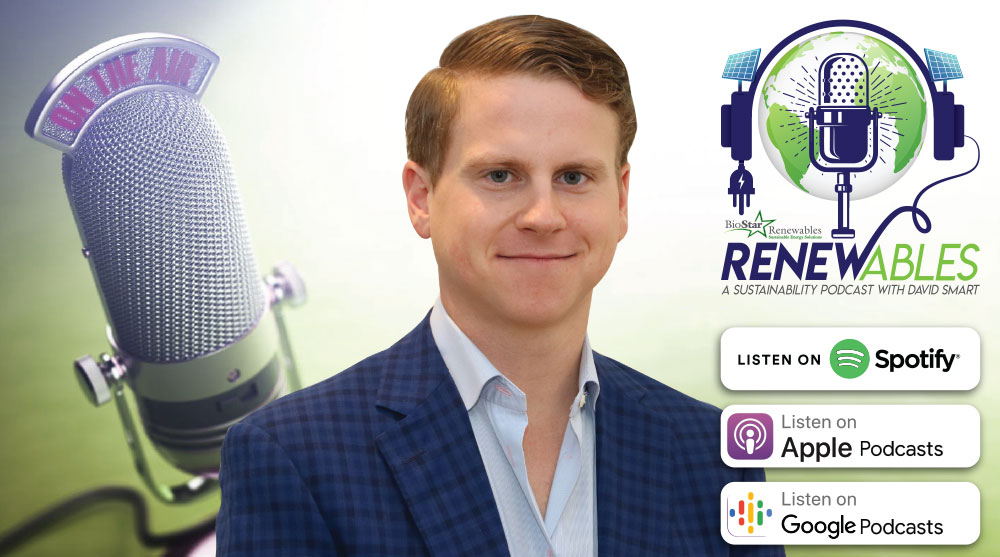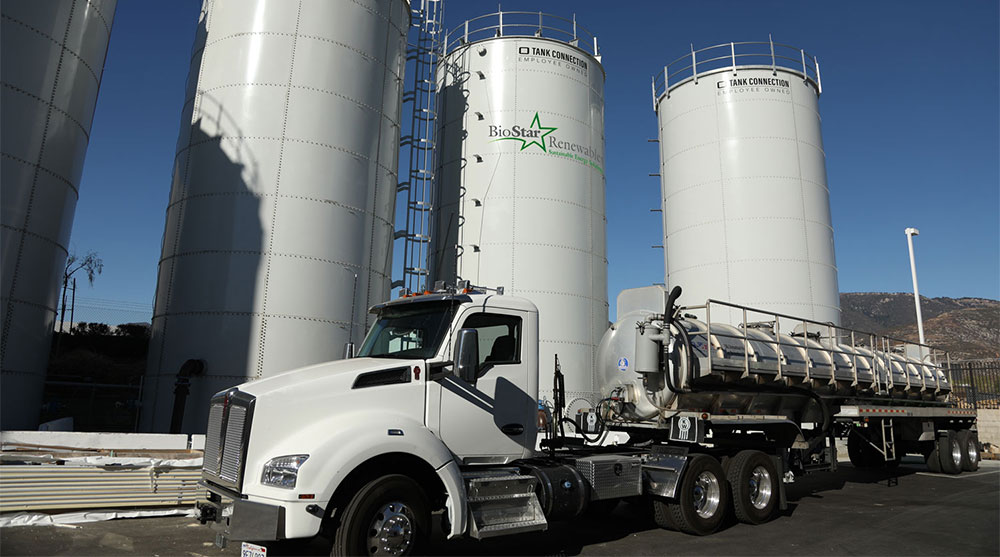BioStar is diverting pre-consumer food waste from landfills and
turning it into renewable energy and organic fertilizer.
THE PROBLEM
represents organic materials
of all food is wasted, which equals
Wasted food accounts for
of our water supply
WHY IT'S IMPORTANT
The United States is running out of landfill capacity. Five states already have laws requiring producers to divert organic waste from landfills by 2025 and include California, Connecticut, Massachusetts, Rhode Island and Vermont, with Maryland, New York and New Jersey close behind. That is a total of 8 and counting!
CalRecycle estimates that approximately 27 million metric tons of organic material will need to be redirected from landfills in 2025 to meet the SB 1383 reduction goal, which would require as much as a 270% increase in anaerobic digestion infrastructure in California.
WE ACCEPT PRE-CONSUMER FOOD WASTE FROM
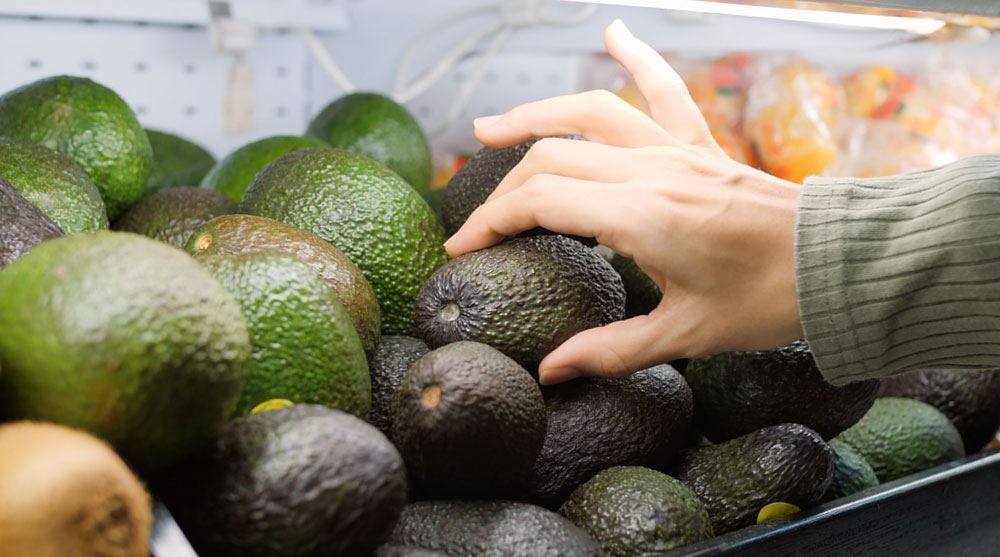
Restaurants & Grocery Stores
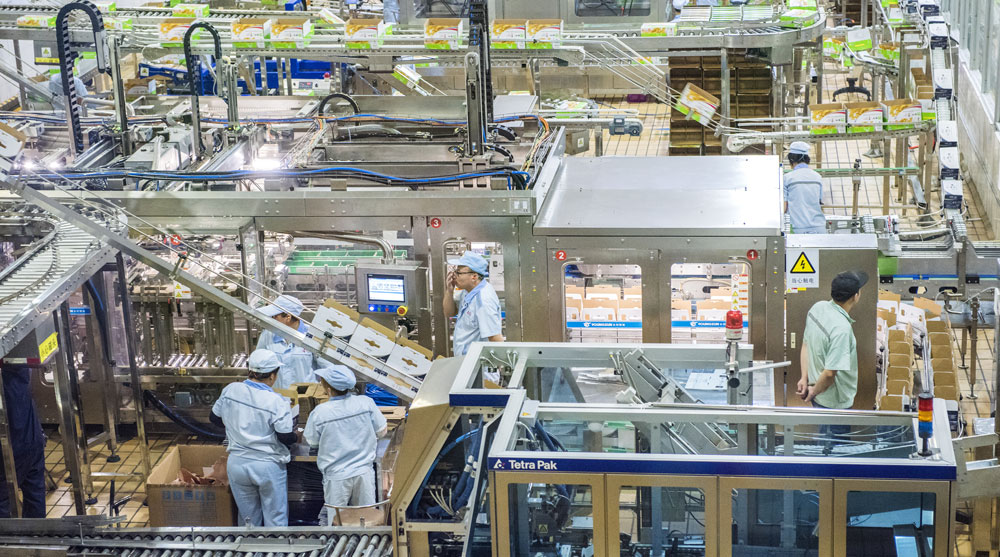
Food & Beverage Businesses
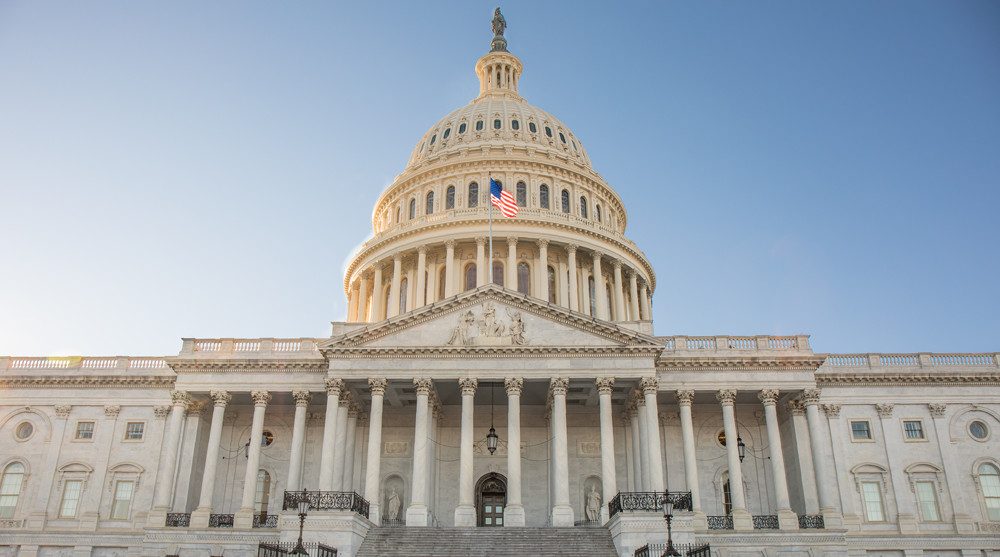
Cities & Municipalities

Waste Hauling Businesses
OUR SOLUTION
BioStar builds and operates facilities which can process organic waste before it is sent to a landfill. Our featured project, in San Bernardino, California diverts 93,850 tons of pre-consumer food waste from the Coachella and Lambs Canyon landfills each year!
We use anaerobic digestion and our patented nutrient recovery technology to create:
Biogas
(Renewable Natural Gas)
Compostable
Fiber
Clean Water for Industrial Use
Renewable Electricity
SuperSix™ Organic Liquid Fertilizer
FEATURED PROJECT
BIOSTAR'S REGIONAL FOOD WASTE DIGESTER
Waste-to-Energy Plant - San Bernardino, CA.
Through unique, innovative technologies and anaerobic digestion, the San Bernardino Waste-to-Energy project converts pre-consumer food waste into renewable resources that not only diminish solid landfill waste, but reduce organizations’ carbon footprint and help achieve increasing sustainability goals.

ACHIEVE YOUR ESG GOALS

- Globally, food waste accounts for 8% of total greenhouse gas emissions.
- It is estimated that if food waste were a country, it would be the 3rd highest emitter of greenhouse gas emissions behind the USA and China.
- Recycling is a core component of sustainability and achieving ESG goals.

